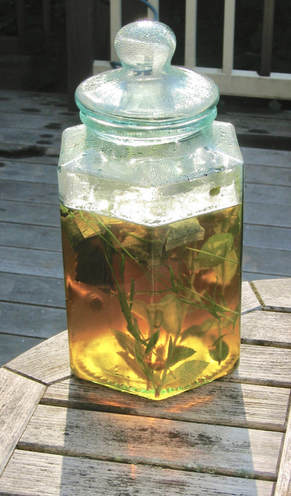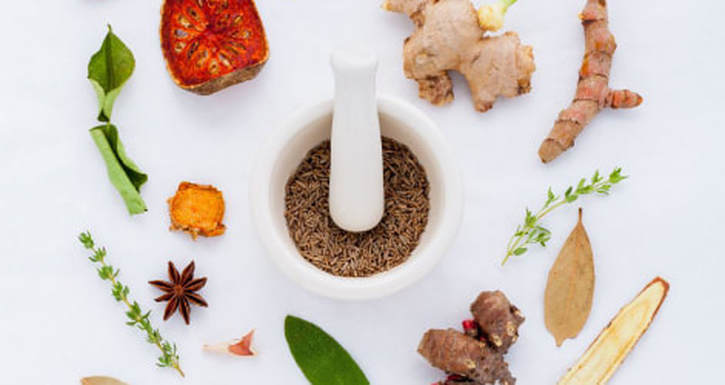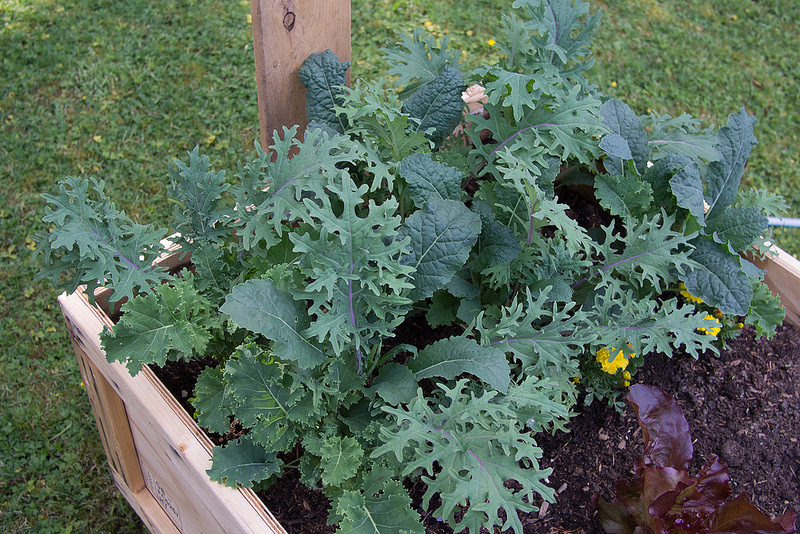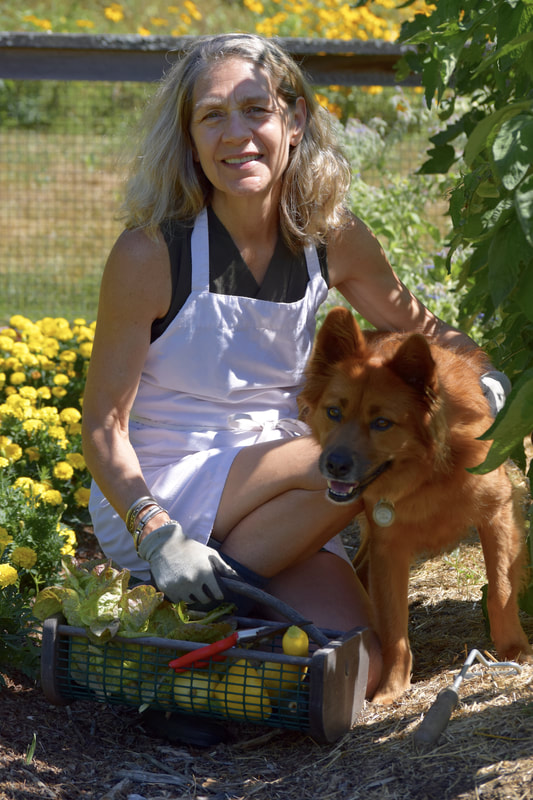
The programs I run are based on anything but deprivation— far from it. To the contrary, they're focused on an extreme abundance of nutrients; those that are most likely missing from people's day-to-day eating habits.
Cleansing is an age-old practice with tremendous benefits. Taking a period of time to eliminate addictive substances such as processed foods, caffeine, and alcohol, while at the same time maximizing nutrition, creates a valuable opportunity for your body to heal, rejuvenate, and thrive.
Our body's detoxifying organs — the kidneys, liver, lungs, skin, and colon, as well as our lymphatic system — all perform specific functions that share a common goal: removing harmful substances to keep us healthy. Reducing incoming offenders helps support these vital detoxifiers by lightening their load and revitalizing their ability to perform optimally. Think of it as cleaning the filters in your home or car.
The 2018 Spring Cleanse considers all channels of detoxification by first minimizing incoming harmful substances such as chemicals from pesticides, skin care products, preservatives, and additives. At the same time, the program maximizes an abundance of live, nutrient-dense (and did I mention incredibly delicious?!) foods like bitters and cruciferous vegetables that facilitate cleansing. Building on this foundation, we further focus our awareness on prioritizing digestion, sleep, and stress reduction, so that we're creating an environment for thriving -- not merely surviving.
I hope you'll join me for this exercise in abundance. Create an environment that supports your body's ability to achieve balance, function optimally, and live more peacefully.






 RSS Feed
RSS Feed